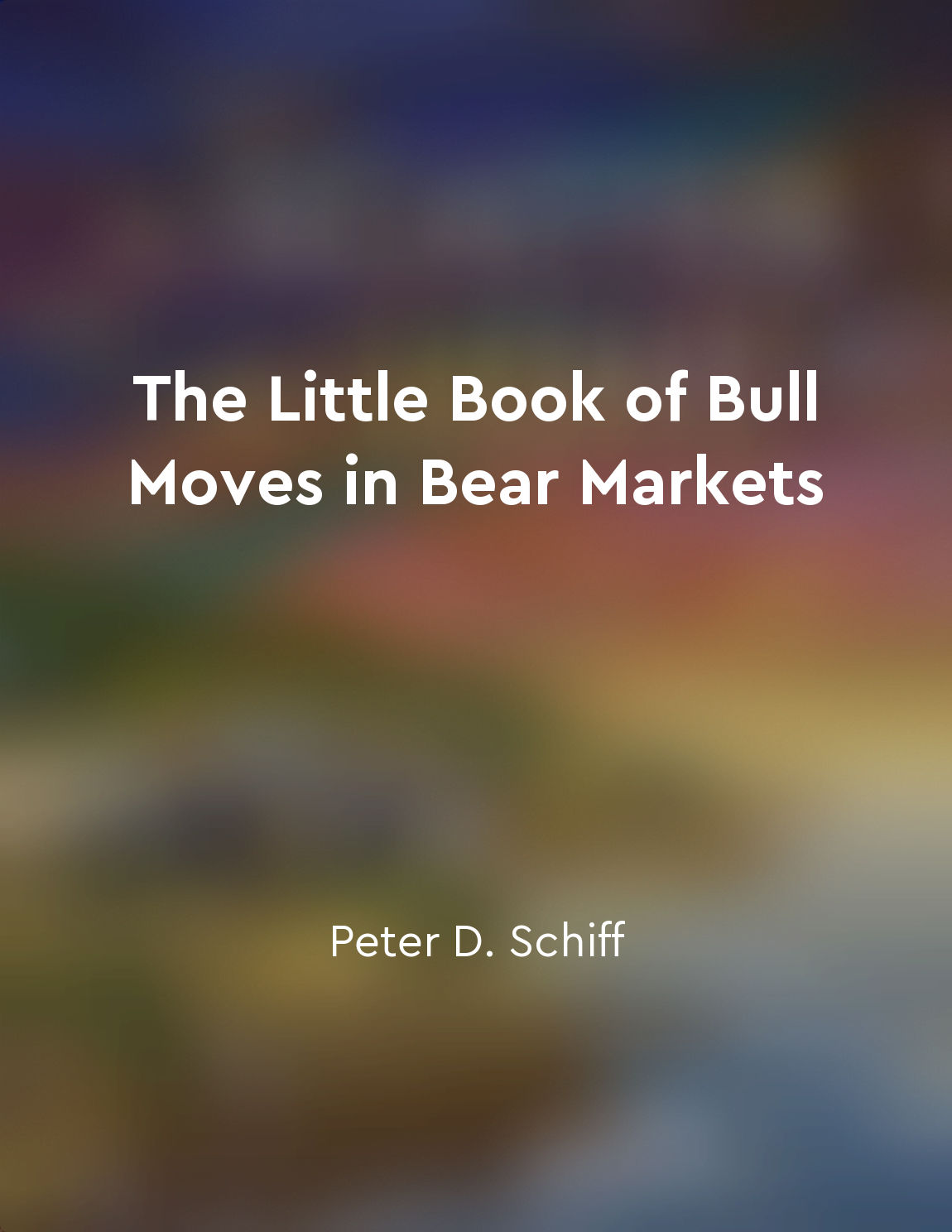Audio available in app
Keep emotions in check from "summary" of A Random Walk Down Wall Street: The Time-Tested Strategy for Successful Investing (Twelfth Edition) by Burton G. Malkiel
One of the most important principles to remember when it comes to investing is the need to control your emotions. Emotions can often lead investors to make hasty, irrational decisions that can have a negative impact on their portfolios. When the market is going up, it's easy to get caught up in the excitement and make impulsive decisions based on greed. Conversely, when the market is down, fear can take over and lead to panic selling. Successful investors understand the importance of keeping their emotions in check and sticking to a long-term investment strategy. They know that markets go through cycles of ups and downs, and that it's important to stay disciplined and not let short-term fluctuations dictate their actions. By maintaining a calm and rational approach, investors can avoid making costly mistakes that can derail their financial goals. One way to help keep emotions in check is to have a well-defined investment plan in place. This plan should outline your financial goals, risk tolerance, and time horizon, and serve as a roadmap for making investment decisions. By having a clear plan in place, investors can avoid making emotional decisions based on short-term market movements. Another important aspect of controlling emotions is to avoid trying to time the market. Market timing is notoriously difficult, and even professional investors struggle to consistently predict the direction of the market. Instead of trying to time the market, successful investors focus on long-term trends and stay committed to their investment strategy.- Keeping emotions in check is a critical component of successful investing. By maintaining a disciplined and rational approach, investors can avoid making hasty decisions based on emotions and instead focus on their long-term financial goals. It's important to have a well-defined investment plan in place and avoid trying to time the market. By following these principles, investors can increase their chances of achieving long-term financial success.
Similar Posts
Understanding personal values can guide financial decisions
When it comes to making financial decisions, understanding your personal values can be a powerful guiding force. Your values ar...
Cognitive dissonance influences financial behavior
When we make financial decisions, we often encounter conflicting thoughts and emotions. This internal conflict is known as cogn...
Compounded growth over time is key
When it comes to investing, one concept that cannot be emphasized enough is the power of compounded growth over time. This conc...
Mirror neurons contribute to herd behavior in markets
Mirror neurons are a remarkable discovery in neuroscience. These neurons fire not only when we perform an action ourselves but ...
Stay informed but don't overtrade
It is essential for investors to stay informed about market trends and economic developments. Keeping abreast of the latest new...

Gold and other precious metals can provide a hedge against inflation
Gold and other precious metals have long been recognized as a safe haven for investors seeking protection from the ravages of i...
Poor dad focuses on earning a higher salary
The poor dad, he's always focused on one thing - earning a higher salary. He believes that if he works hard enough and climbs t...

Don't follow the crowd when investing
In the world of investing, it is often tempting to follow the crowd. Many investors base their decisions on what others are doi...

Avoid trying to time the market
Timing the market is a common mistake that many beginners make when they start investing. It involves trying to predict when th...
Asset allocation is vital for success
Asset allocation is the most important decision an investor can make. It determines the risk and return of a portfolio more tha...

